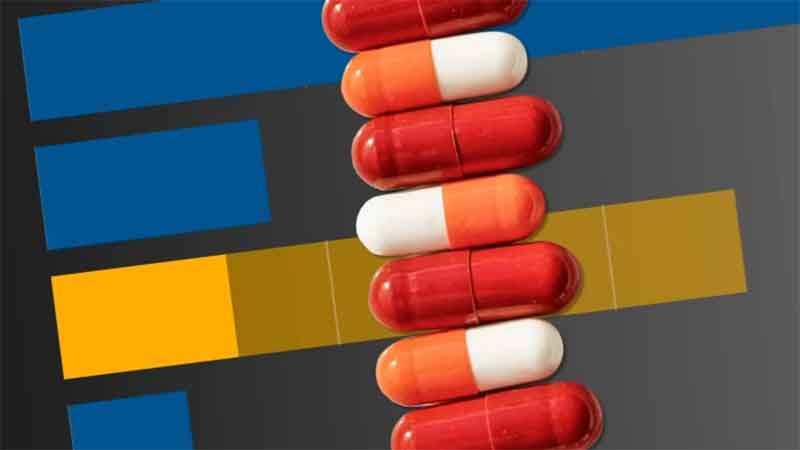
When it came to supplying medicines to developing or under-developed countries, India held solid ground by sending affordable generic drugs for decades. It was an economically safer option for African countries against those medicines sent by the U.S or European companies. Earning the name of ‘Pharmacy of the World,’ India was able to give a boost to its pharmaceutical industry. But this hard-earned accolade came under strict surveillance and frequent criticism.
Death of children by cough syrup
Medicines prevent diseases and save lives. When those same medicines cause death, the entire foundation of medical science becomes fragile. The recent demise of 66 children in the Gambia due to the intake of cough syrup produced by India points to a caveat in India’s Pharmaceutical Industry.
Maiden Pharmaceuticals Ltd., a company based in Haryana had been producing and exporting cough syrups to the African country. Four cough syrups manufactured by them contained diethylene glycol and ethylene glycol. These substandard chemicals can cause active kidney damage if consumed above prescribed amounts. On 5th October, the World Health Organization (WHO) enquired about these syrups and believed: all variants of these medicines might be circulating in other low-income countries through informal markets.
Though the company has claimed that it is WHO-certified and has ‘good manufacturing practices, the World Health Organisation has denied such a claim. Studies also suggest that Maiden Pharmaceuticals were responsible for manufacturing many substandard medicines over the years. Yet no action has been taken.
Laxity in drug tests
Indian officials are yet to comment on this despicable course of events. The death of dozens of children due to cough syrups puts the Indian drug testing process in question. The casual remark about these four cough syrups not being sold in India does not solve the problem of the impurities found in drugs or diminish the casualties. It only exposes the failure of government labs to run impurity tests on all medicines.
Most state-regulated labs in India skip the impurity test or run it only on a handful of drugs. The Drugs and Cosmetics Act asserts the need for impurity tests on all medicines. But, most labs fall short of the necessary equipment to conduct these tests. Inadequate funding fuels the crisis, resulting in the export of substandard drugs to underdeveloped or developing countries. The sequel is the death of children.
Most of these low and middle-income countries cannot run tests on substandard medicines owing to the high expenses incurred while conducting such tests. Maybe, companies in India used it as an opportunity to send impure drugs to these countries. Previously drugs ridden with impurities were found in many Indian states on several occasions- the glaring one was the death of 11 children in Jammu in 2019.
Health is an emerging soft power in Foreign Policy.
During the pandemic, India played a significant role in providing vaccines and generic medicines to different countries. The pandemic brought out the importance of health diplomacy in the global context. No longer medical emergencies could be brushed off as secondary problems to the nation as they emerged as crucial soft power. Despite supplying medicines to neighbouring countries, India remains domestically unstable. It was brought to light in the second wave of COVID-19 when India could not provide the desired number of vaccines overseas. India was grappling with the domestic need for vaccines and medical attention.
The substandard cough syrups which affected children in the Gambia are a blow to India’s economic and foreign policy. Exporting drugs without impurity tests is hampering India’s global presence in the pharmaceutical industry. It is also putting India in an economically unsafe zone. It can provide enough opportunities for competing countries to take the lead in manufacturing and supplying medicines.
Requirements for more transparency and accountability
Many erring pharmaceutical companies are popping up in India. The silence of DCGI points out the loophole in the medicine business. Such companies care about their profits and turn a blind eye to the noble task of manufacturing drugs for healing patients. The government needs to take stringent actions against such companies. Health occupied a crucial place after the pandemic. Against this backdrop, supplying substandard medicines is not limited to affecting the patients consuming them but also the country’s already fragile infrastructure in foreign and economic policy.
The solution lies in funding labs and conducting compulsory impurity tests. It will not only keep up the name of India as the ‘Pharmacy of the World’ but also avert the side effects of drugs.
Manishita Das is a Post Graduate student of Political Science from Presidency University, Kolkata.
















































